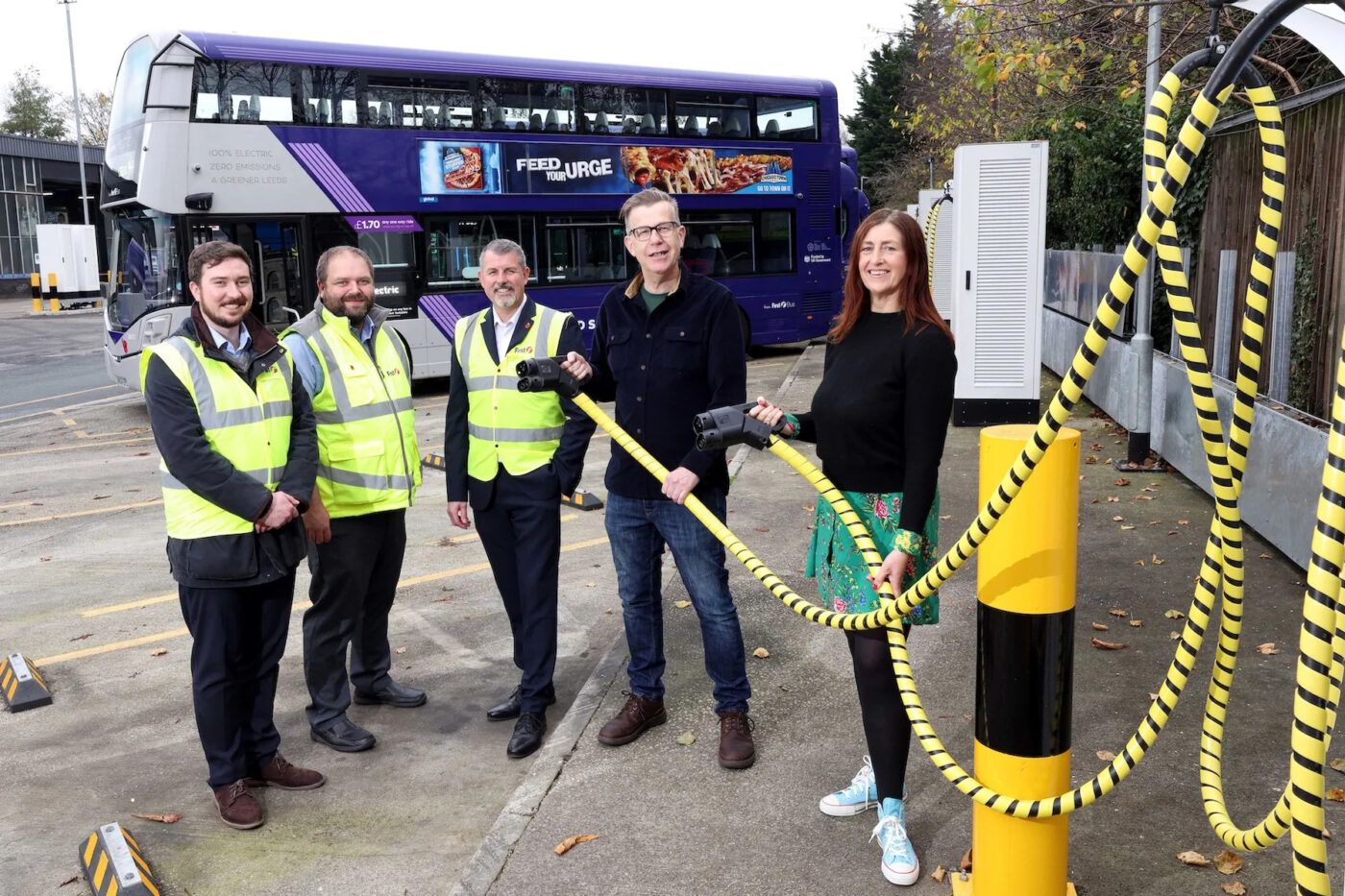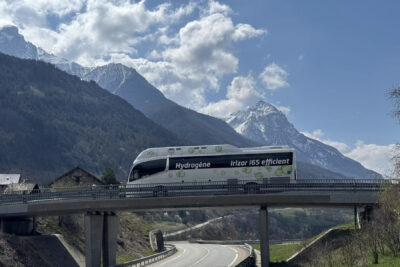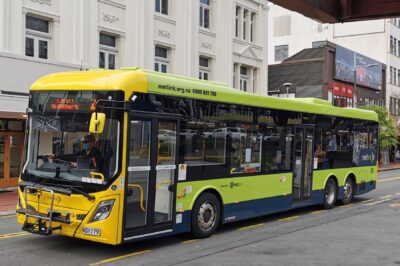Bus depot in Leeds is now home to 79 electric buses
At the beginning of the year, First Bus took delivery of the first 57 electric buses from the manufacturer Wrightbus in Northern Ireland and modernised the depot in Bramley at a cost of £29 million. First Bus financed £16.4 million of this itself and, in collaboration with the West Yorkshire Combined Authority (WYCA), was able to secure a further £12.6 million from the ZEBRA (Zero Emission Bus Regional Area) funding programme.
Somewhat later, First Bus then ordered an additional 22 electric double-decker buses from Wrightbus – and these have now also all been put into operation. First Bus and the West Yorkshire Combined Authority (WYCA) have made a further investment totalling £11.2 million. This includes £3.4 million from the Department for Transport’s ZEBRA fund.
The commissioning of the double-decker electric buses means that half of the fleet is now electric. It is also the largest fleet of zero-emission buses in West Yorkshire.
Vice Chair of West Yorkshire Combined Authority’s Transport Committee, Peter Carlill, commented: “We have come a long way in the past couple of years on this, and I’m thrilled that West Yorkshire can now boast dozens of electric buses being run from this depot. This reflects our plans to create a better-connected and greener West Yorkshire, and these changes will help boost air quality, improve public transport and help us tackle the climate emergency.”
John Roxburgh, Head of Operations for First Bus in North & West Yorkshire, added: “We’re seeing a positive reaction from customers to the electric buses and believe they will attract more people to consider bus travel by realising the real impact this has in reducing congestion and creating cleaner air and quieter streets.”
The entire fleet of 79 electric buses was manufactured by Wrightbus. The vehicles are equipped with audio-visual next-stop technology and USB charging points, among other things. Each electric bus saves around 75 tonnes of CO2e per year compared to its diesel predecessor, resulting in a total saving of almost 6,000 tonnes of carbon per year.





0 Comments